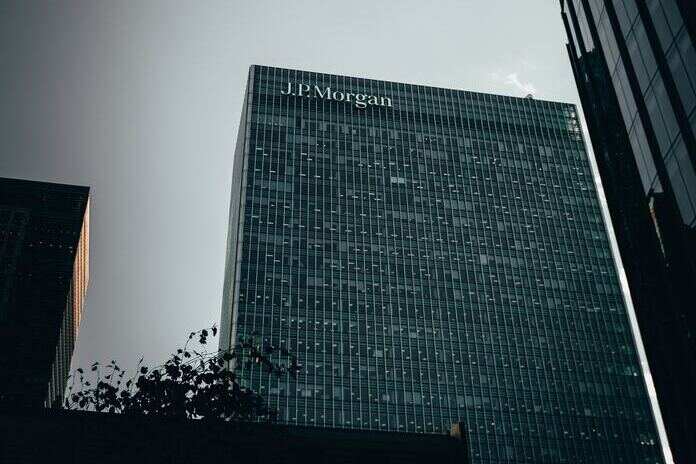Five customers have initiated a class-action lawsuit against JPMorgan (NYSE:JPM), accusing the bank of imposing excessive fees for depositing bounced checks unintentionally.
The lawsuit, filed in the federal court of White Plains, New York, alleges that JPMorgan charged customers up to $30 for a “deposited item return fee” when checks they attempted to deposit bounced, despite the customers being blameless.
While acknowledging that various factors can lead to a check bouncing, such as insufficient funds, the plaintiffs argue that customers should not bear the brunt of circumstances beyond their control.
Describing the fees as “predatory,” the customers referred to an October 2022 bulletin from the U.S. Consumer Financial Protection Bureau (CFPB), suggesting that indiscriminate charging of such fees could be illegal.
The complaint contends that by levying these fees, JPMorgan unfairly penalized its customers for faulty checks they did not issue, despite their innocence.
The plaintiffs, who claim to have incurred these fees between November 2021 and October 2022, seek damages of at least $5 million from JPMorgan.
While JPMorgan has chosen not to comment on the lawsuit, it stated that it ceased charging these fees in December 2022.
Despite the legal challenge, JPMorgan’s shares have experienced a 22.8% increase over the past six months, surpassing the industry’s growth of 21.7%.
In October of last year, the Federal Trade Commission proposed a new rule aimed at completely prohibiting businesses from charging “junk fees,” which are hidden and unwarranted fees detrimental to consumers and honest businesses alike.
The rule mandates businesses to disclose all fees and the full price of goods and services upfront, empowering the FTC to penalize non-compliant entities.
Over the past year, numerous banks in the United States, including Bank of America (NYSE:BAC) and Wells Fargo (NYSE:WFC), have faced fines for imposing junk fees on customers.
In July 2023, the CFPB ordered Bank of America to pay over $250 million in response to claims of fake accounts, withheld credit card rewards, and illegally charged junk fees.
According to the Office of the Comptroller of the Currency, Bank of America unlawfully charged double fees to customers with insufficient funds in their accounts.
Similarly, in August, Wells Fargo agreed to a $35 million settlement to address regulators’ claims of overcharging 11,000 accounts by more than $26 million in advisory fees.
Featured Image: Unsplash









